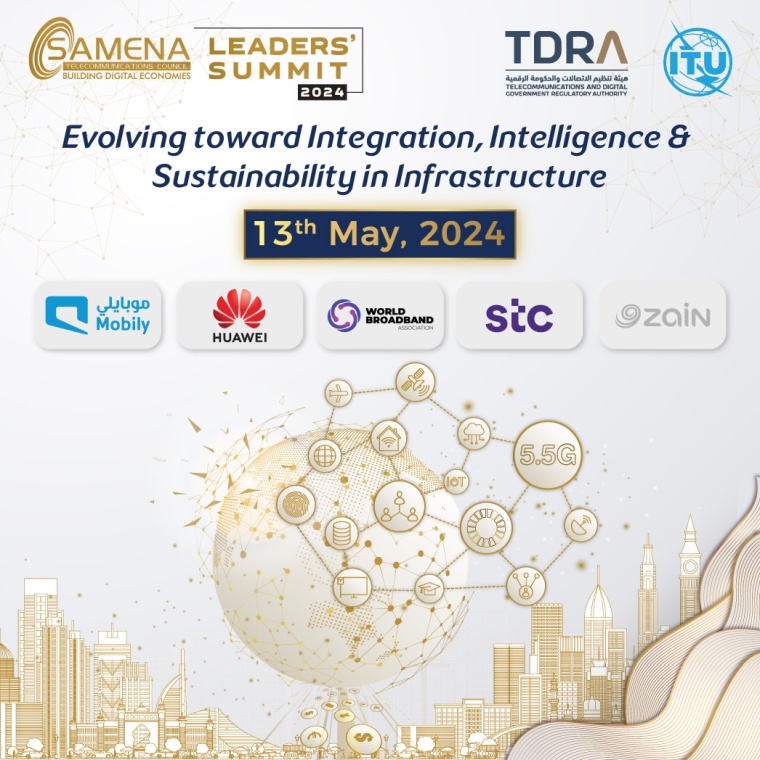The Facebook CEO has already outlined plans to use drones and satellites to connect the next billion people to the Internet. But now he's adding lasers to the mix.
"Our Connectivity Lab is developing a laser communications system that can beam data from the sky into communities," Zuckerberg wrote in a Facebook post. "This will dramatically increase the speed of sending data over long distances."
Zuckerberg posted a few photos of Facebook's lasers (above). "Normally you wouldn't be able to see the actual beams, but for this demonstration we made them visible," he wrote. "This is just one connectivity project we're working on, but I was excited to share this with you."
These connectivity programs are being handled by Internet.org and Facebook's Connectivity Lab. The goal is provide everyone with Internet access, from Silicon Valley to the most remote jungle. In many cases, though, it's challenging enough to get these regions connected to electricity, let alone the Internet. So tech firms like Facebook (and Google) need to be creative.
Last year, for example, Facebook acquired the five-person team at U.K.-based Ascenta, which worked on early versions of Zephyr, the longest-flying solar-powered unmanned aircraft. At the company's f8 developer conference earlier this year, Facebook CTO Mike Schroepfer unveiled the social network's first solar-powered drone, which can beam Internet access down to people from the sky. Google, meanwhile, purchased a satellite firm last year and has been flying Internet-connected balloons all over the globe via Project Loon, which beams Web access to remote communities on the ground. Facebook's Internet.org, however, has been embroiled in a bit of controversy. In an effort to get people online, the service provides free access to certain services on mobile devices. But these deals, some critics say, violate net neutrality. Zuckerberg hit back and said he was just trying to get people connected, but Facebook later said that it would open up Internet.org so that anyone can offer their products on the service, provided they adhere to certain parameters.
